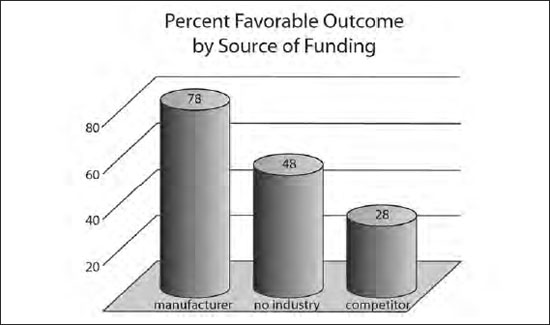Abnormal Psychology: Mental Health and Mental IllnessPsychopharmacology |
What impact does the pharmaceutical industry have on the practice of psychiatry? |
The pharmaceutical industry has had a profound effect on the practice of psychiatry. Ever since the 1980s, the U.S. government has moved more toward deregulation of industry. With this philosophical and political shift, the pharmaceutical industry has gained more freedom to market directly to consumers and engage in joint research with academic centers.
Along with the tremendous advances in psychiatric medications, the pharmaceutical industry has grown extremely profitable and has become integrated into all aspects of psychiatric research, publishing, and training. While there has been some reaction against this in recent years, the pharmaceutical industry still wields enormous influence on prevailing opinion about which drugs are most useful for which conditions.
Unfortunately, there is little in the way of independent investigation, such as the CATIE study, to give unbiased information about the relative effectiveness of different medications. This is not to suggest that clinical research sponsored by the pharmaceuticals is invalid, only that it is far from impartial and few companies are likely to publish studies that might adversely affect their bottom line.
In his 2006 study by Robert Kelly and colleagues (see illustration), the authors looked at 301 articles involving data on 542 drugs (many studies looked at the same drugs). Whether the outcome of the study was favorable or not favorable for each drug was recorded along with the source of research funding. As is shown above, for drugs in studies funded by the drug manufacturer, 78 percent of the studies showed favorable results. For drugs in studies funded by the manufacturers’ competitors, only 28% of the studies had favorable outcomes. Finally, for drugs in studies that received no funding from pharmaceutical companies, 48 percent of the outcomes were favorable.
In other words, when a drug company did not fund the study, the likelihood of a positive outcome was about 50/50. In the other situations, however, it appears the dice were loaded. How does this happen? Does this mean that the research by pharmaceutical companies is not valid? Most authors believe that the problem is less due to poor science than to selective publication. Drug companies are more likely to publish studies that support their product and less likely to publish studies that fail to do so.

